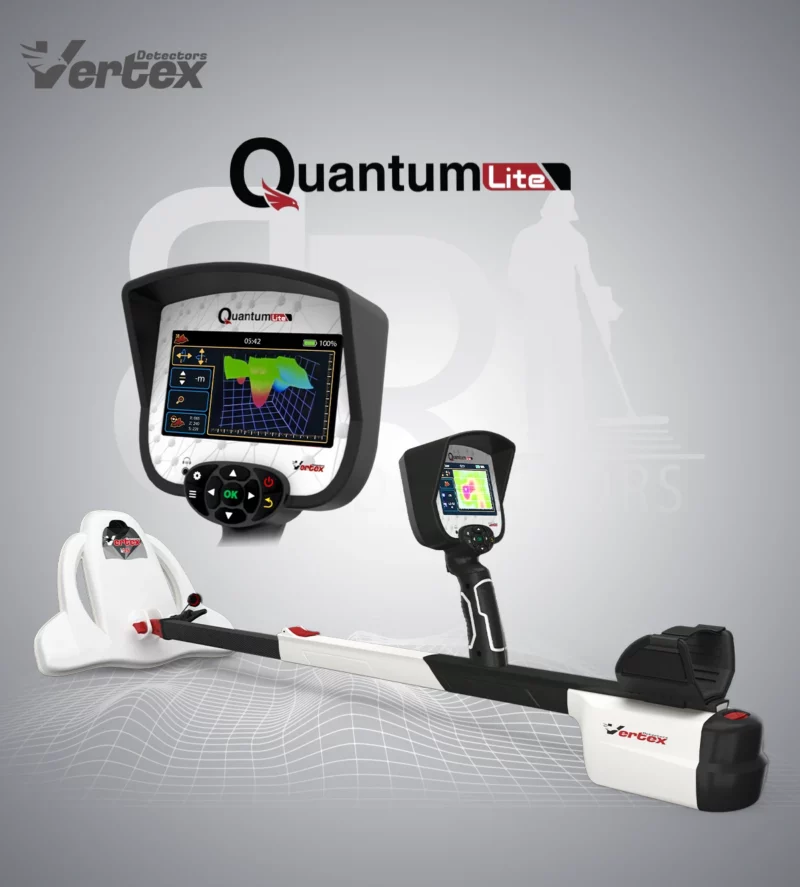Metal detecting has fascinated treasure hunters, hobbyists, and professionals for decades. Among the most sought-after tools in this space are gold detectors, designed to locate precious metals buried beneath the surface. But one important question arises: are these detectors effective in all soil types? The answer isn’t simple, because soil composition and mineralization play a massive role in detection accuracy. Let’s explore this in detail.
Why Soil Composition Matters
Gold detection isn’t just about the strength of the machine—it’s also about what’s beneath your feet. Soil varies dramatically around the world, from sandy beaches to mineral-rich deserts. For example, clay-heavy soil can be denser, making signals harder to penetrate, while loose, dry sand may allow for clearer readings. Highly mineralized soil, often found in gold-rich regions, presents the biggest challenge because its natural mineral content can confuse the detector’s signal.
How Gold Detectors Respond to Mineralization
The effectiveness of gold detectors depends largely on how well they handle ground mineralization. Basic detectors may give false signals in iron-rich soil, while advanced models include ground balance features to adjust to changing soil conditions. For example, volcanic soil often contains high amounts of iron oxides, which can create “noise” and make it harder to identify true gold targets. Without proper ground balance, a detector may mistake natural minerals for metal.
The Role of Frequency in Detection
Different detectors operate at different frequencies, and frequency selection directly impacts performance across soil types. Low-frequency detectors penetrate deeper but may miss small nuggets in mineralized ground. High-frequency machines, on the other hand, excel at finding fine gold particles but are more affected by ground noise. This trade-off means no single detector is universally perfect for every environment.
The Quantum Lite Example
One product that showcases adaptability is the Quantum Lite. This detector is designed with advanced technology to minimize false readings in mineral-heavy soil while still being sensitive enough to detect small gold pieces. For hobbyists exploring different terrains, such as desert plains, riverbeds, or rocky mountains, having a versatile machine like this ensures better accuracy and confidence in the field.
Practical Experiences in Different Soils
Detectorists often share stories that prove how dramatically soil type affects results. In desert regions with dry, salty soil, machines without proper calibration often generate constant chatter. In contrast, forest soil rich in organic matter tends to be more forgiving. However, when moving into riverbeds with high mineral deposits, only detectors with advanced ground balance and discrimination features perform consistently. Many professionals recommend always carrying test nuggets to ensure your detector is tuned for the soil you’re in.
Can Technology Overcome Soil Limitations?
Modern gold detectors are more advanced than ever. Features like pulse induction (PI) and variable frequency allow them to adapt better to mineralized soils. PI detectors, in particular, excel in highly mineralized environments where traditional very low frequency (VLF) machines struggle. Still, even the most advanced machines have limits, and understanding your terrain remains critical.
Choosing the Right Detector for Your Soil
When selecting a detector, consider not just the price or features but also where you plan to hunt. For sandy beaches, lightweight VLF machines might be ideal. For gold-rich deserts, pulse induction models provide better results. If your adventures take you across varied terrain, investing in a multi-purpose unit like the Quantum Lite can be the best long-term choice.
Final Thoughts
So, are gold detectors effective in all types of soil? The answer is yes, but with conditions. While detectors can work across different terrains, their effectiveness depends on the soil’s mineralization, the machine’s features, and the operator’s skill in adjusting settings. By understanding the soil you’re searching in and choosing a detector designed to handle those challenges, you significantly increase your chances of success.
For anyone serious about gold hunting, investing in the right equipment—and learning how to use it in different soils—is the key to turning hours of searching into real discoveries.









